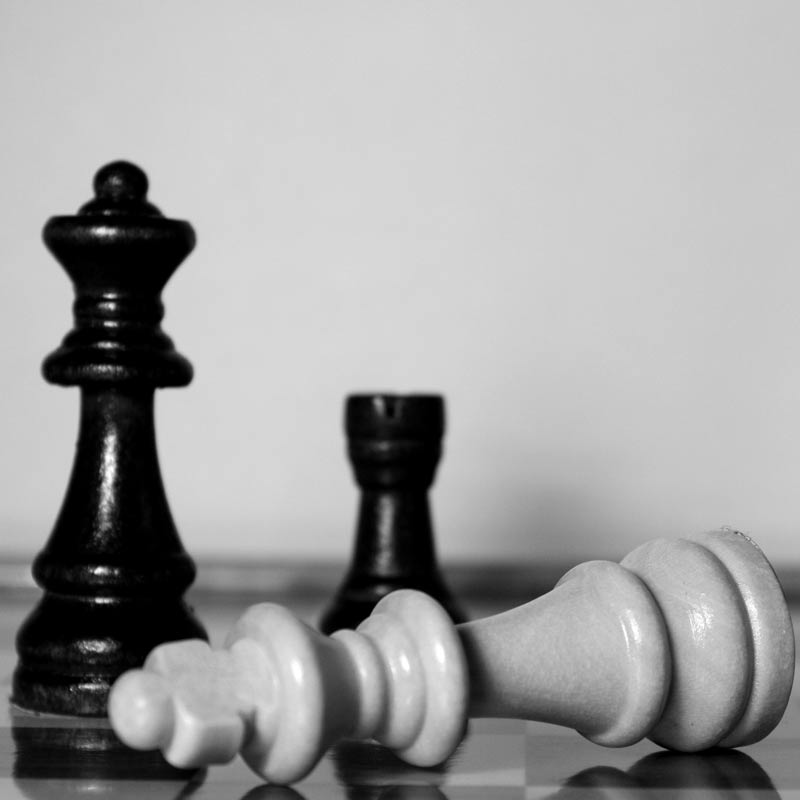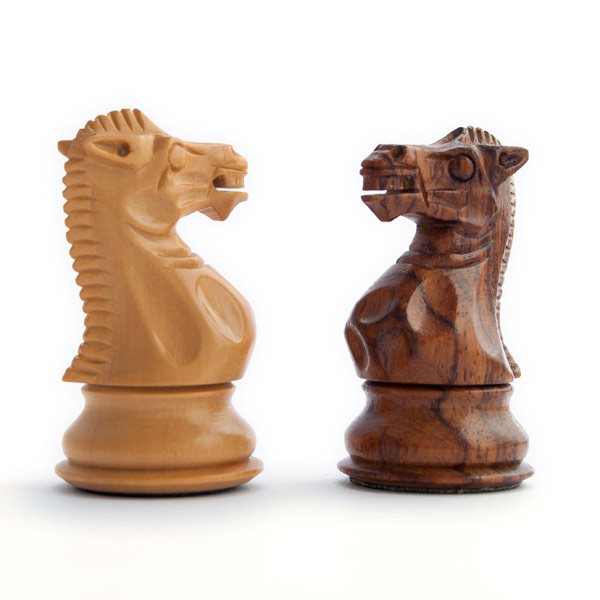Chess Tips on How to Get Better at Chess
1. Learn the basic checkmates
Learning the basic mates and focusing on basic tactics is the most productive use of your chess study time. Most games between beginners and intermediates are decided by
blunders or overlooked tactics.
2. Learn the basic endgames
After tactics the next best use of your time is in studying basic endgames such as king and queen and king and pawn. Your rating will increase because you will be able to draw lost games and win drawn ones.
3. Practice using a physical board
The act of using your hand eye coordination to move the pieces on a physical board allow concepts to be learned more easily.
4. Pick a good book and read it cover to cover
Many beginners have an extensive chess library, but have never finished one book. This leads to inefficient learning and knowledge gaps.
5. Play in tournaments against stronger opposition
Play one section up in at least every other tournament you join.
[sociallocker]
6. Review your games, especially your losses
It is important to learn from your mistakes so you don’t repeat them.
7. Go over your games with stronger players
Ask them where you went wrong, and what you could have done differently.
8. Focus on tactics and endgames instead of on openings
The benefit of being a strong tactician and endgame player cannot be overstated. Any time spent learning openings can be better used in practicing tactics, studying endgames and playing long games.
9. Chose your opening repertoire based on how much time you have to dedicate to chess
If you are a working adult, don’t try to learn the Sicilian. You need to be practical and realistic.
10. Learn Chess strategy by reviewing master games
The best way to improve your strategic and positional knowledge is to pick a chess “mentor” and review at least 10 of their games.
[feather_share]
[sociallocker][/sociallocker]






